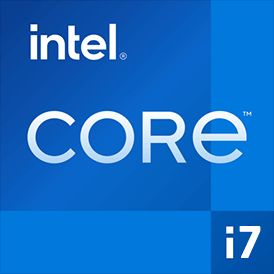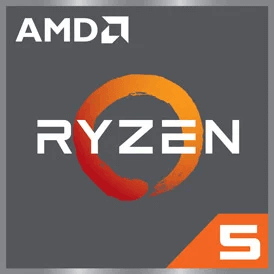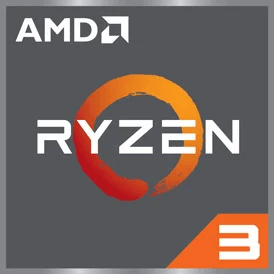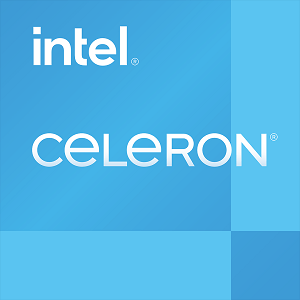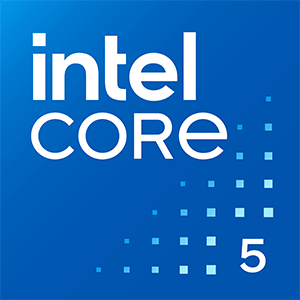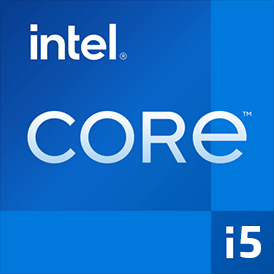Intel Processor N95 vs Intel Core i7 7700HQ
We compared two laptop CPUs: Intel Processor N95 with 4 cores 1.7GHz and Intel Core i7 7700HQ with 4 cores 2.8GHz . You will find out which processor performs better in benchmark tests, key specifications, power consumption and more.
Main Differences
Intel Processor N95 Advantages
Released 6 years late
Higher specification of memory (4800 vs 2400)
Larger memory bandwidth (38.4GB/s vs 37.5GB/s)
More modern manufacturing process (10nm vs 14nm)
Lower TDP (15W vs 45W)
Intel Core i7 7700HQ Advantages
Better graphics card performance
Score
Benchmark
Cinebench R23 Single Core
Intel Processor N95
+4%
914
Intel Core i7 7700HQ
877
Cinebench R23 Multi Core
Intel Processor N95
2767
Intel Core i7 7700HQ
+43%
3958
Geekbench 6 Single Core
Intel Processor N95
1201
Intel Core i7 7700HQ
1211
Geekbench 6 Multi Core
Intel Processor N95
2901
Intel Core i7 7700HQ
+31%
3807
Blender
Intel Processor N95
36
Intel Core i7 7700HQ
+113%
77
Geekbench 5 Single Core
Intel Processor N95
798
Intel Core i7 7700HQ
+12%
896
Geekbench 5 Multi Core
Intel Processor N95
2370
Intel Core i7 7700HQ
+45%
3456
Passmark CPU Single Core
Intel Processor N95
1927
Intel Core i7 7700HQ
+7%
2069
Passmark CPU Multi Core
Intel Processor N95
5341
Intel Core i7 7700HQ
+30%
6955
General Parameters
Jan 2023
Release Date
Jan 2017
Intel
Manufacturer
Intel
Laptop
Type
Laptop
x86-64
Instruction Set
x86-64
Alder Lake
Core Architecture
Kaby Lake
N95
Processor Number
i7-7700HQ
BGA-1264
Socket
BGA-1440
UHD Graphics (16EU)
Integrated Graphics
HD Graphics 630
Package
10 nm
Manufacturing Process
14 nm
15 W
Power Consumption
45 W
105 °C
Peak Operating Temperature
100 °C
CPU Performance
-
Performance Cores
4
-
Performance Core Threads
8
-
Performance Core Base Frequency
2.8 GHz
-
Performance Core Turbo Frequency
3.8 GHz
4
Efficiency Cores
-
4
Efficiency Core Threads
-
1.7 GHz
Efficiency Core Base Frequency
-
3.4 GHz
Efficiency Core Turbo Frequency
-
4
Total Core Count
4
4
Total Thread Count
8
100 MHz
Bus Frequency
-
17
Multiplier
-
96 K per core
L1 Cache
128 K per core
2 MB shared
L2 Cache
256 K per core
6 MB shared
L3 Cache
6 MB shared
No
Unlocked Multiplier
No
Memory Parameters
DDR5-4800,DDR4-3200,LPDDR5-4800
Memory Types
DDR4-2400, LPDDR3-2133, DDR3L-1600
16 GB
Max Memory Size
64 GB
1
Max Memory Channels
2
38.4 GB/s
Max Memory Bandwidth
37.5 GB/s
No
ECC Memory Support
No
Graphics Card Parameters
true
Integrated Graphics
true
350 MHz
GPU Base Frequency
350 MHz
1200 MHz
GPU Max Dynamic Frequency
1100 MHz
128
Shader Units
192
8
Texture Units
24
4
Raster Operation Units
3
16
Execution Units
24
6-15
Power Consumption
15 W
-
Max Resolution
4096x2304 - 60 Hz
0.3 TFLOPS
Graphics Performance
0.44 TFLOPS
Miscellaneous
3.0
PCIe Version
3.0
9
PCIe Lanes
16
-
Extended Instruction Set
SSE4.1, SSE4.2, AVX-2

